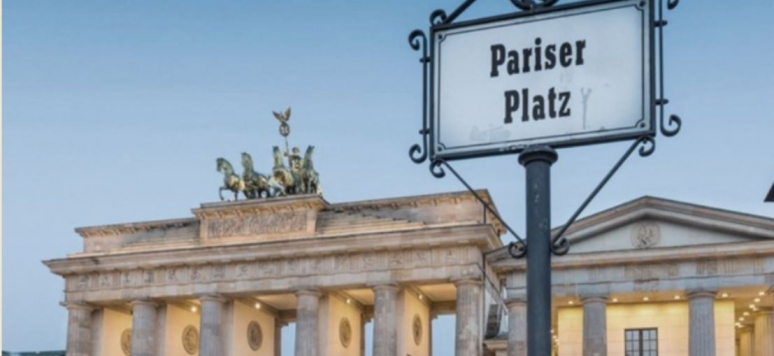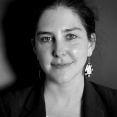
Germany (Cerfa)

The Study Committee on Franco-German Relations (Cerfa) was founded by an intergovernmental treaty between the Federal Republic of Germany and the French Republic in 1954. It has analyzed relations between the two countries for over 60 years. The Cerfa engages in a wide range of activities. It promotes the Franco-German debate and policy-oriented research through conferences and seminars that bring together experts, policy-makers, decision-makers and civil society representatives of both countries.
The Cerfa publishes regularly books reflecting on the current state of Franco-German relations and two research note series – Notes du Cerfa and Visions franco-allemandes – that target primarily French decision-makers, with the aim of elucidating political, economic and social evolutions in contemporary Germany, and closely following current developments in Franco-German relations.
The Cerfa maintains close relations with the network of German foundations and think-tanks, including the Konrad Adenauer Foundation, Friedrich Ebert Foundation, Heinrich Böll Foundation, German Council on Foreign Relations (DGAP), Genshagen Foundation, French-German Institute (DFI), and German Institute for International and Security Affairs (SWP).
Through its successive interactive and ad hoc cooperation programs, the Cerfa promotes the emergence of a new Franco-German generation:
- In the year 2021, the Cerfa started a Program on Multilateralism with the Konrad Adenauer Foundation in Paris. This program aims at creating a Franco-German network bringing together young professionals interested in the topic of multilateralism in the context of their work. It consists in working sessions based on briefings and workshops with selected experts and practitioners covering a broad range of issues relating to multilateralism, such as international trade, health, human rights and migration, non-proliferation and disarmament.
Previous initiatives:
- The Franco-German Future Dialogue co-organized by the Cerfa together with the DGAP and with the support of the Bosch Foundation aimed at creating a new Franco-German generation by developing exchanges and debates between French and German young professionals and PhD students.
- The Daniel Vernet Group (formerly the Franco-German group of reflection) had been founded in the Fall of the year 2014 at the initiative of the Genshagen Foundation.
Secretary General of the Study Committee on Franco-German Relations (Cerfa)
...Research Fellow, Study Committee on Franco-German Relations (Cerfa)
...Research Fellow, Study Committee on Franco-German Relations (Cerfa)
...Assistante
Counselor on Franco-German relations at Ifri
...The author focuses on the increasing interest of Germany for the African continent since 2000. A German pragmatic policy, initiated by the United Nations and encouraged by the improvement of the African economic structures, succeeds to a political disinterest after the Cold War. Then, J....
' Fall of manpower, structural changes of the working population insufficiently taken into account, threats on the social rights (…), crumbling of the representativeness (…) ', such are some of the many challenges which the French and German trade unions must face, whereas the rate of...
In March 2000, the EU Member States decided to make Europe the 'economy the most competitive and dynamic in the world' from here 2010. Considering a structural delay of growth, the 'Lisbon strategy' has a global approach of policies of reform. Despite a revision of the strategy in 2005, it is...
This article analyses teh contribution of France to the emergence of a European security and defence policy 5ESDP) and the French perception towards its evolution. Hans Stark exposes the specificity of the French position.Since the Maastricht Treaty, France has adapted its security policy to...
Après la Seconde guerre mondiale, le rejet de la puissance et la culture de la retenue ont constitué les deux piliers de la culture politique allemande. A partir de 1990, la politique étrangère de l'Allemagne unifiée est cependant marquée par une plus grande assurance qui se traduit par la...
In this article the author examines the Europeans' behaviour during the Iraq crisis and attempts to sketch European identity in this context. The conflict of 2002/2003 revealed how European public opinion apprehended the question of military intervention, relations to the United States and the...










